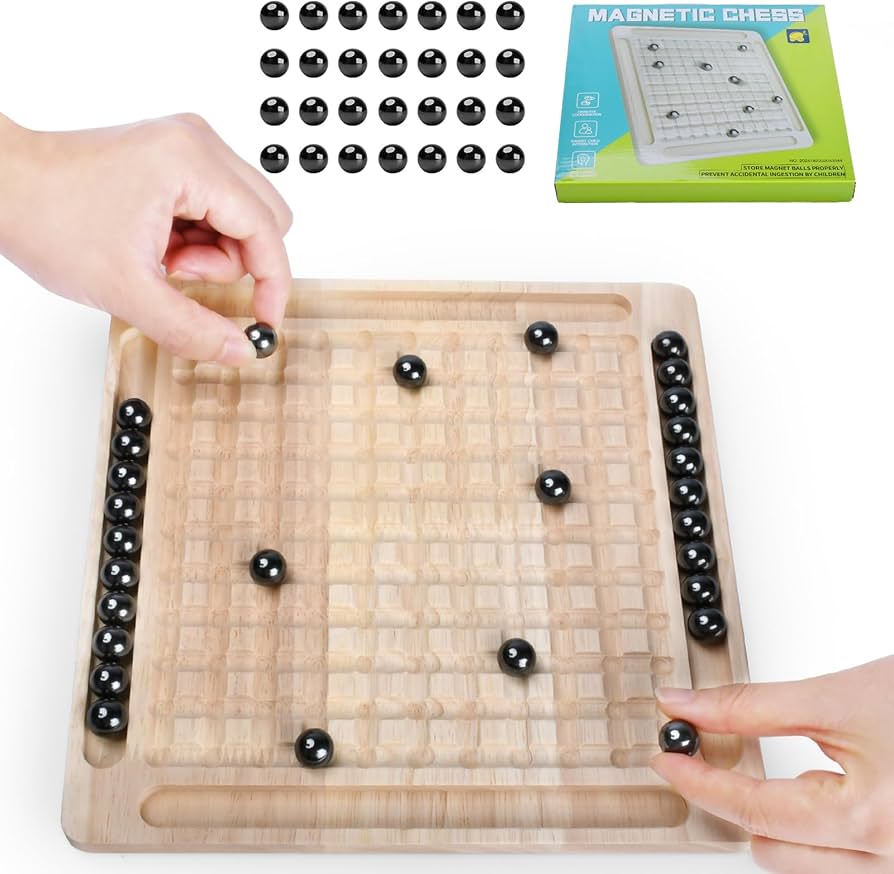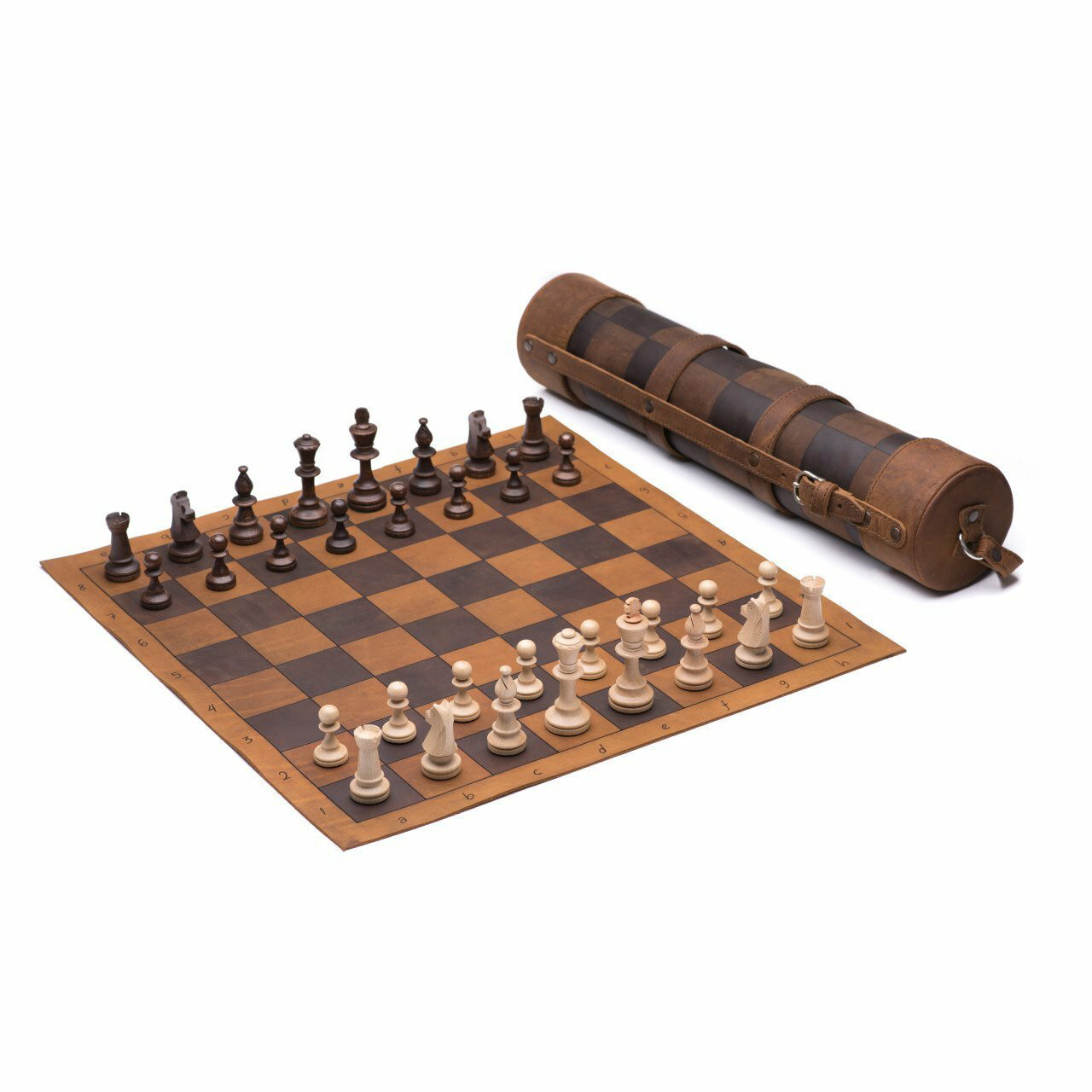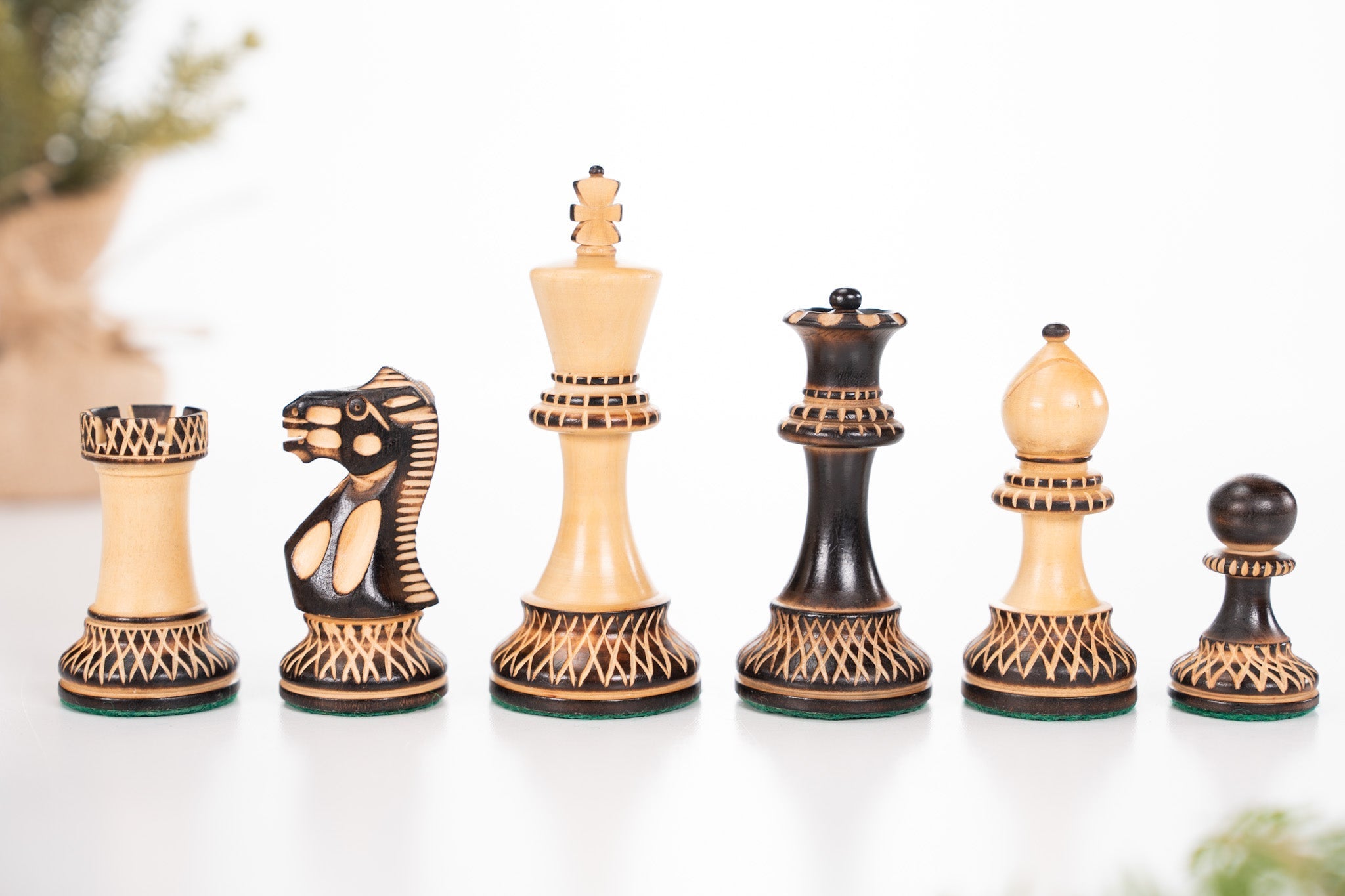Chess is an old game. It has many interesting rules. One of them is En Passant. But who invented this rule? Let’s find out.
What is En Passant?
En Passant is a special move in chess. It means “in passing” in French. This move happens with pawns. It is not like other moves. It can be hard to understand at first. But it is very important. Here is how it works.
How En Passant Works
Imagine you have a white pawn. It is on its starting square. It can move two squares forward. If it does this, it might pass a black pawn. The black pawn is on the fifth rank. This is where En Passant can happen. The black pawn can capture the white pawn. It does this as if the white pawn only moved one square. The black pawn moves to the square behind the white pawn. The white pawn is removed from the board.
This rule is the same for black pawns. If a black pawn moves two squares forward, a white pawn can capture it. The white pawn must be on the fourth rank. The white pawn moves behind the black pawn. The black pawn is removed from the board.
Why En Passant Exists
En Passant is a unique rule. But why does it exist? This rule helps keep the game fair. It stops pawns from escaping capture. Without this rule, a pawn could run past an enemy pawn. It would be safe from capture. This would not be fair.
Credit: www.chesshouse.com
The History of Chess
To understand En Passant, we need to know the history of chess. Chess is very old. It started in India. The game was called Chaturanga. It was played in the 6th century. Chaturanga was different from modern chess. It did not have the En Passant rule.
Chess spread to other places. It went to Persia and then to the Arab world. The Arabs called the game Shatranj. The rules changed a little. But there was still no En Passant rule.
Chess reached Europe in the Middle Ages. The game changed more. New rules were added. The En Passant rule was one of them.
Who Invented En Passant?
It is hard to say who invented En Passant. The rule was not made by one person. It was added over time. Many people helped create it. The rule was first used in France. This was in the 15th century. This is why the rule has a French name.
In the 15th century, chess changed a lot. The game became faster and more exciting. The two-square pawn move was added. This made the game more interesting. But it also caused problems. Pawns could escape capture. The En Passant rule fixed this problem.
Important People In Chess History
Many people helped shape modern chess. Here are a few important names:
- Ruy López de Segura: A Spanish priest and chess player. He wrote one of the first books on chess. He lived in the 16th century.
- François-André Danican Philidor: A French chess player and composer. He was one of the best players of the 18th century. He helped popularize the En Passant rule.
- Howard Staunton: An English chess player. He was very famous in the 19th century. He helped standardize the rules of chess.

Credit: www.reddit.com
Other Special Moves in Chess
En Passant is not the only special move in chess. There are other unique rules. Here are two examples:
Castling
Castling is a special move. It involves the king and a rook. The king moves two squares towards the rook. The rook moves to the square next to the king. This move helps protect the king. It also helps the rook become active.
Promotion
Promotion happens when a pawn reaches the other side of the board. The pawn is turned into another piece. It can become a queen, rook, bishop, or knight. Most players choose a queen. This is because the queen is the most powerful piece.
Why Learn En Passant?
Knowing the En Passant rule is important. It can help you win games. It can also help you understand the game better. Here are some reasons to learn this rule:
- Surprise Your Opponent: Many players forget about En Passant. You can use this rule to surprise them.
- Improve Your Skills: Knowing all the rules makes you a better player. You will understand the game more deeply.
- Fair Play: Using En Passant helps keep the game fair. It stops pawns from escaping capture.
Conclusion
En Passant is a special chess rule. It was added in the 15th century. Many people helped create it. This rule keeps the game fair. It stops pawns from escaping capture. Knowing this rule can help you become a better player. So, learn it well. Enjoy your games of chess!
Frequently Asked Questions
| Question | Answer |
|---|---|
| What does “En Passant” mean? | It means “in passing” in French. |
| Can En Passant be used with other pieces? | No, it only works with pawns. |
| When was En Passant added to chess? | It was added in the 15th century. |







